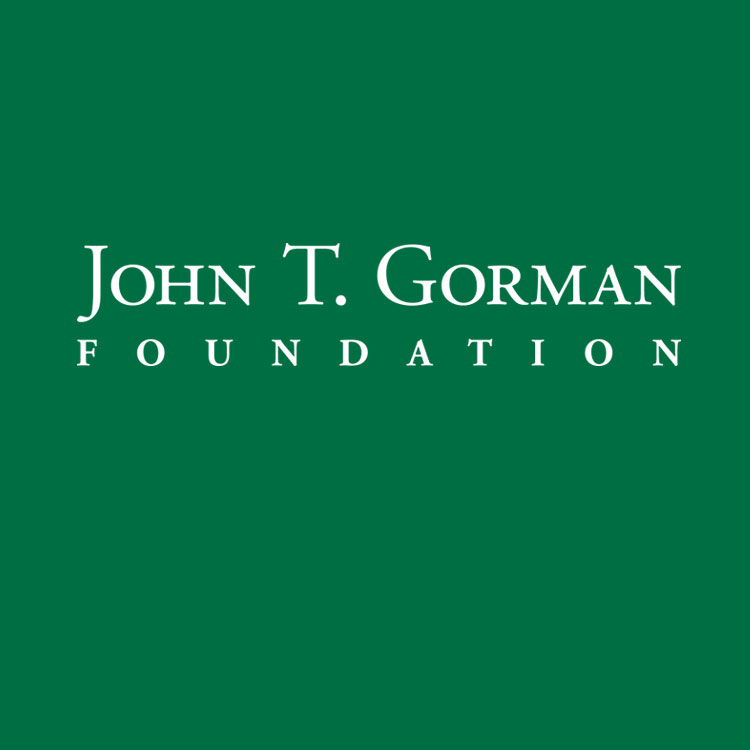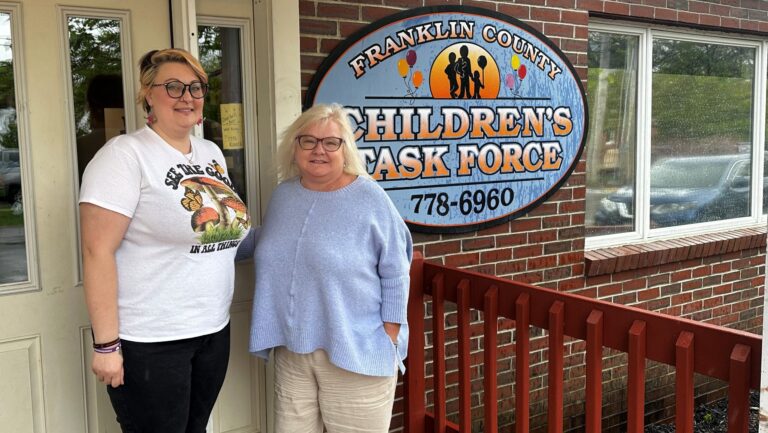By Alexis Mann, Ph.D., Program Associate
An important focus of the John T. Gorman Foundation’s efforts to improve the lives of low-income families in Maine is helping them achieve greater economic stability. One of the most effective ways to do so is ensuring that they have what they need to access – and advance in – the workforce.
While COVID-19 has undoubtedly presented many challenges for employers and employees alike, it has not been without its opportunities for investing in innovative workforce practices. In this analysis, we take a look at how the Foundation’s workforce efforts have pivoted to address the rapidly shifting labor market realities.
COVID’s Dramatic Impact on the Labor Market
Over the past several years, Maine, like states across the country, was experiencing one of the tightest labor markets in decades. Leveraging this moment, the Foundation sought to invest in strategies meant to expand opportunities for jobseekers who have traditionally faced high barriers to employment. In doing so, we also hoped to demonstrate how targeted investments could translate not only into improved outcomes for workers, but also a competitive advantage for businesses in need of employees.
However, Maine’s labor market has shifted dramatically in the past six months. As the impacts of COVID reverberated across the county and the state, it became clear that established and emerging strategies for workforce development would need to be rapidly rethought to reflect and keep pace with shifting realities on the ground.
SNAPSHOT: Foundation Workforce InvestmentsOver the last five years, the Foundation’s diverse workforce investments have included support for:
|
These newly evolving labor market dynamics have emphasized the volatility businesses and employees face. In the course of three months, Maine’s unemployment rate more than tripled, rising from just above 3% in January of 2020 to 11% in April, before decreasing to 7% in July. While striking, this state snapshot both undercounts people who cannot work because of health concerns and those who expect to be called back at some point and therefore are not seeking other jobs.
These numbers also mask the disproportionate vulnerability and impact of unemployment trends by age, race and gender. For example, Maine-specific data suggests the effects of this economic crisis has been particularly acute for women, younger workers, and people of color, hitting these groups disproportionately hard.
Finding Opportunities Amid Challenges
Yet, even as the economic effects of the pandemic unfolded, windows of opportunity for rethinking workforce efforts opened.
As part of ongoing conversations with stakeholders in the City of Lewiston, community partners highlighted two emergent labor market trends they were observing on the ground. Employers were struggling to recruit for an increasing number of essential, front-line positions. At the same time, there was growing concern over the large number of residents not eligible for supports like Unemployment Insurance.
In responding to these dual pressures, the Foundation helped design two parallel strategies meant to address and bridge the emerging needs of both low-income workers and businesses in Lewiston. The first strategy focused on emergency job matching and the second on opportunities for upskilling existing entry level workers. While each of these approaches were designed to address the unique circumstances of the economic crisis, they did so from two differing perspectives and with two differing populations in mind.
Emergency job-matching efforts have focused on individuals who had previously struggled to find work. Many of these individuals have existed on the margins of the labor market, do not have access to Unemployment Insurance, and are struggling to provide for themselves or their families. In a more competitive labor market, they might have been otherwise overlooked for job opportunities. But the growing number of essential, entry-level jobs (in grocery stores, hospitals, long term care facilities and distribution centers) has placed them in a stronger position to access employment and build their formal work experience. The job-matching initiative has led to a close collaboration between social-service agencies that support individuals with complex barriers to employment and liaisons from the business community who are helping the private sector fill high-priority openings. (Importantly, this work has also included efforts to ensure that workplaces are using safe practices to protect their workers during the pandemic.)
This job-matching work is currently underway in Lewiston with stakeholders from the L/A Chamber and the Career Center who convene weekly with employment coaches from Community Concepts and Goodwill of Northern New England. The goal of these weekly job-matching calls is three-fold: to present and discuss high-priority employment openings in the local business community; brainstorm which job seekers might have an interest and be a good fit for such openings; and ensure that conversations around workplace and employee safety are happening across organizations and the business community. An iterative process, the goal of these calls is to facilitate weekly referrals and warm handoffs between potential employees and employers.
In tandem, the Foundation has pursued a second strategy of upskilling existing workers. Distinct from the job-matching efforts, this work seeks to engage those with entry-level or second-tier employment experience who would like to move up, but haven’t had the flexibility to invest in skills trainings or credentialing because of work and family commitments. Our goal has been to leverage a unique moment in which the pandemic has given unemployed or furloughed workers financial coverage through Unemployment Insurance or under the Payroll Protection Program. The intent has been connecting and supporting these unemployed or underemployed workers with access to online credentialing opportunities as well as mentorship supports. Together, these resources can allow them to invest in skills they need to move up the career ladder. While this strategy for upskilling is applicable to many industries and for many workers, we focused on two key sectors that will play a pivotal role in the post-COVID recovery – healthcare and childcare.
Much to Be Learned
Although still in the early stages of implementation, we expect to learn much from these efforts. Both of these strategies – job matching and upskilling – were designed as emergency pilots to respond quickly to the unfolding effects of COVID. Nonetheless, they seek to inform foundational questions workforce systems have been grappling with for decades. How do we create better employment outcomes for low-income individuals facing complex barriers to work? And, given the realities of low-wage work, how do we ensure pathways for upward career mobility?
By gaining insight into these important questions, the Foundation strives not only to help our communities get through this difficult moment, but also strengthen family economic opportunity for years to come.



